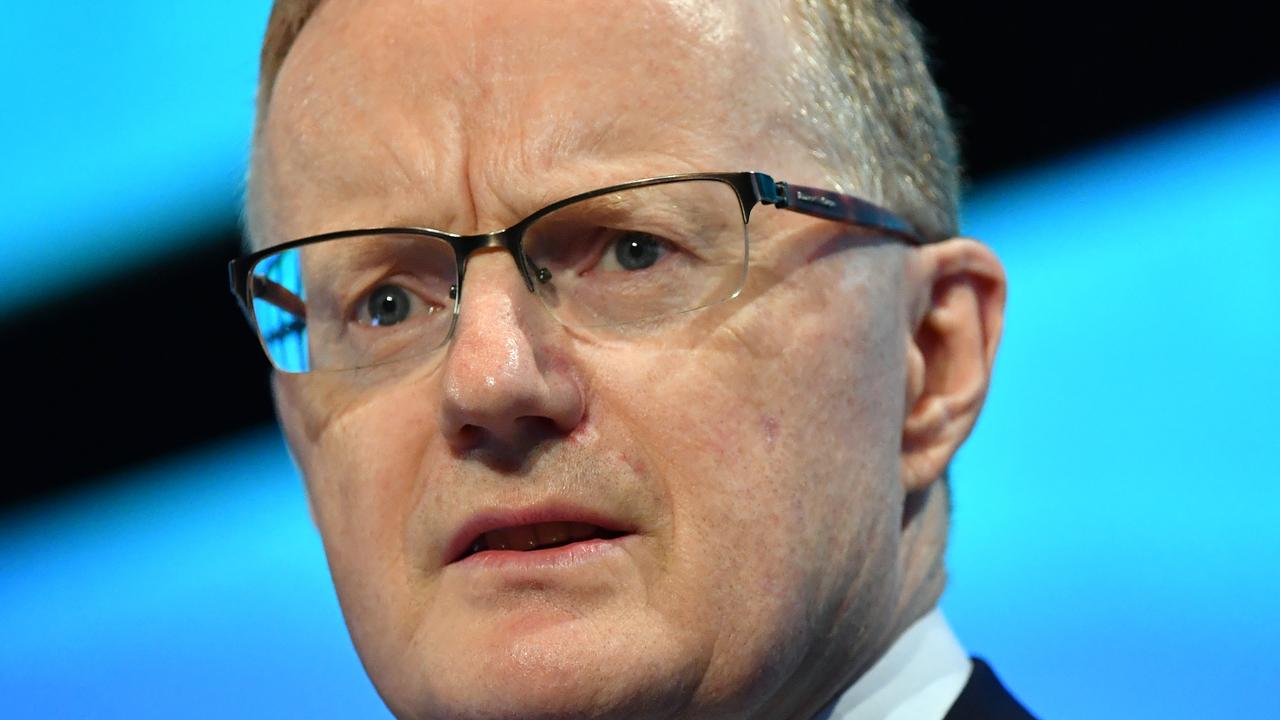Brexit on the rocks
After more than two years of relentless political gymnastics, it’s increasingly clear Brexit is not going to happen.
After more than two years of relentless political gymnastics, it’s increasingly clear Brexit is not going to happen.
The slim vote in the Commons overnight to reject any sort of “no deal” Brexit - coming after Theresa May’s own deal to leave the European Union was torpedoed – reduces uncertainty in favour of those determined to throttle the push for independence.
That’s why sterling rallied strongly after the vote, as the probability of a return to the status quo pre June 2016 increased.
The UK parliament will almost certainly now request an extension to the Article 50 deadline of March 29. And the EU will almost certainly extend it, hoping political fatigue crushes Brexiteers’ enthusiasm for leaving in the interim, or a new referendum emerges to reverse the historic referendum result.
The minutiae of Brexit negotiations don’t matter much for Australia. If Britain stays in, we won’t have scope to negotiate a free-trade deal with Britain, as both countries have anticipated in the wake of the shock vote.
That would be a pity, but bilateral trade with the UK, around $14 billion in 2018, is already strong. Trade with neighbouring Indonesia, with more than four times as many people, was $11bn.
We’re already drenched in UK foreign investment, which at almost $500bn in 2017 is more than double that from Japan, which is closer and a bigger economy.
If the Commons fumbles, somehow, and Britain lurches toward independence, Australia would be well placed to profit from a free trade deal with the UK, not least because we have effective trade officials.
Britain hasn’t negotiated a trade deal since it joined the EU in 1973. Australia has negotiated five since 2013, with at least another three in train. One of those is a trade and investment deal with the EU, which would be a far bigger prize. It’s our second-largest trading partner, third-largest export destination, and second-largest services market.
Cutting tariffs on Australian agriculture would be a boon for our farmers, who are paragons of efficiency compared with their European competitors, bloated by decades of protection by the Common Agricultural Policy.
A series of London-Brussels votes to keep Britain in the EU would see sterling soar. The currency was kneecapped in the wake of the Brexit vote, reducing Britons’ purchasing power. One pound was buying $2.10 in late 2015; it was $1.85 yesterday.
The impact on the UK economy longer term is less clear.
While 52 per cent of the population in 2016 voted to leave, perhaps three quarters of UK MPs, their representatives, would prefer to stay. If that gap remains, or widens, expect further political turmoil ahead.
Big British companies, which generate most of their profits outside the country, have quite enjoyed the slump in sterling and the Bank of England’s “lower, for longer” interest rates.
Most economists say staying the EU is critical to the UK’s wellbeing. Yet they, and the faceless financial markets which concur, are part of the elite that benefits most from the EU.
The UK’s economy has fared much better than those same economists predicted back in 2016. Incomes have been rising and the jobless rate has fallen to 4 per cent, the lowest since the mid-1970s. It’s among the strongest economies in Europe, although that’s a low bar.




To join the conversation, please log in. Don't have an account? Register
Join the conversation, you are commenting as Logout